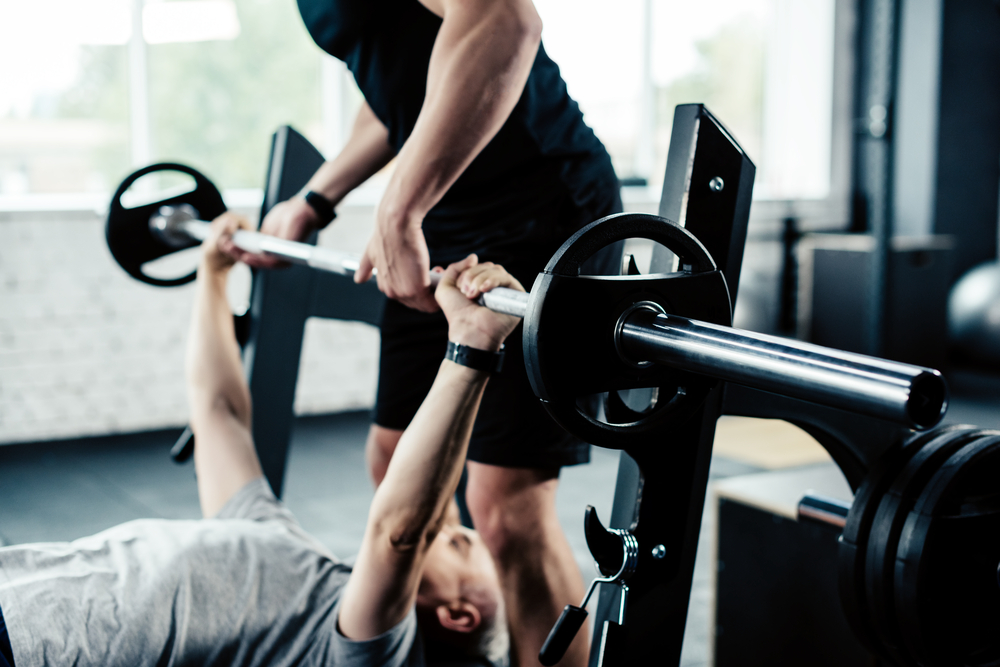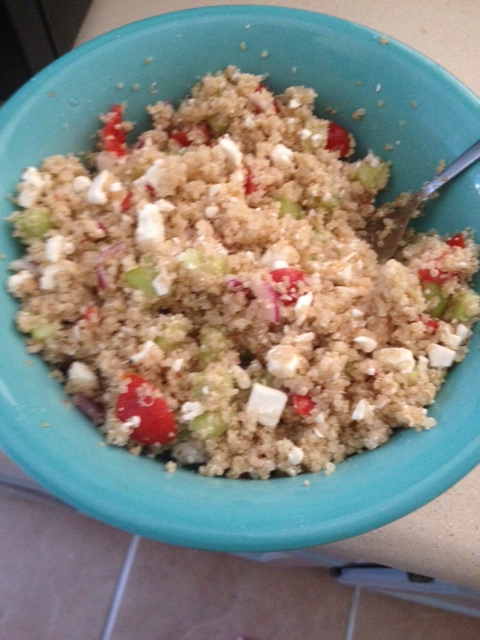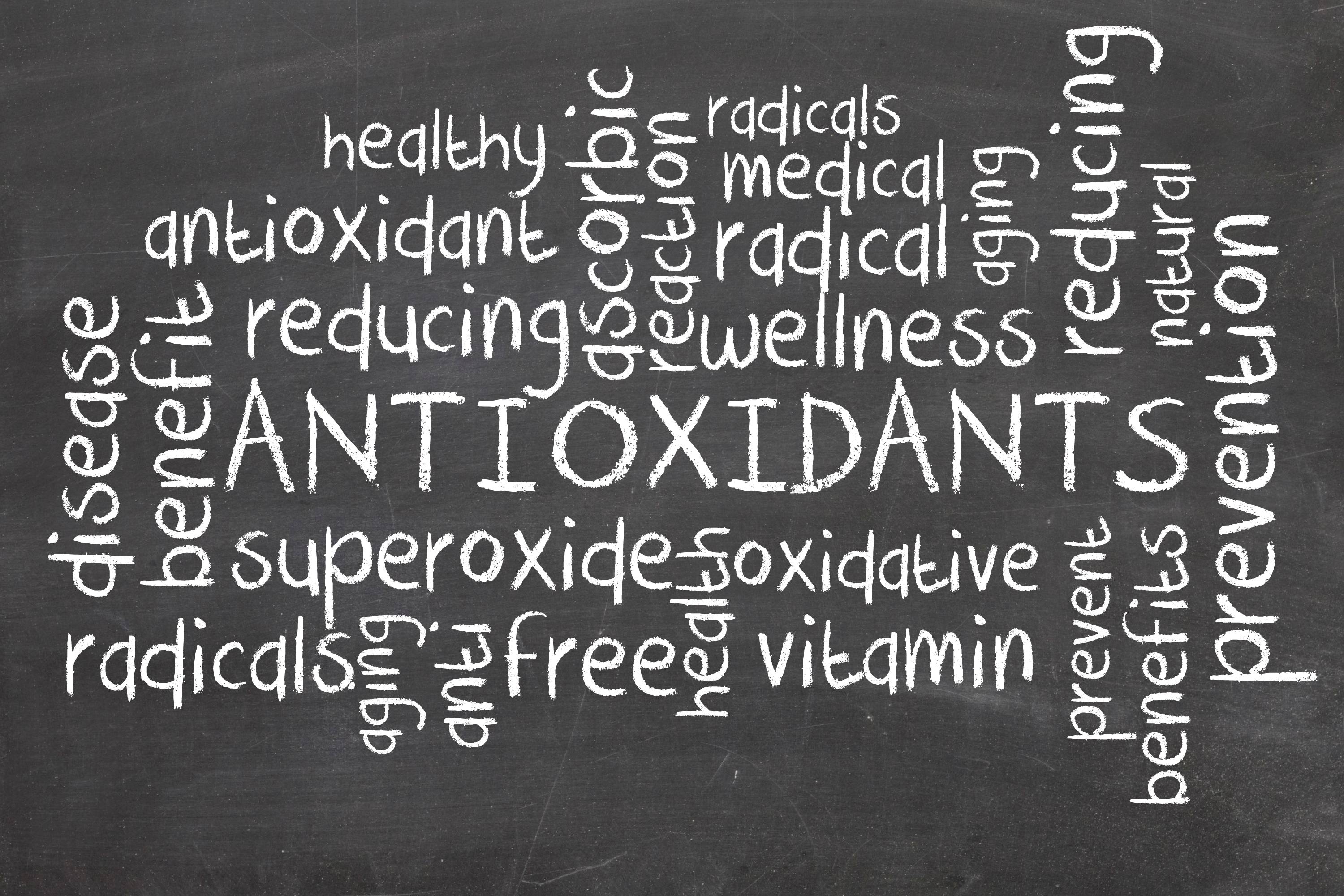By: Debbie Lui
So many of us believe that we can base our weight loss progress on the reading from a simple scale, but your weight is actually not even close to the best measurement of your health! This common misconception is why this topic is one of the foundations of the TLS® Weight Loss Solution System: Body Composition. But what is body composition and why does it matter?
What Is Body Composition?
A lower weight must mean a healthier person, right? Wrong. Many of us find ourselves so focused on the single number on a scale that we forget that it’s really only telling us a part of the story, – weight. This leaves out key factors such as the amounts of fat, muscle, bone and water in your body as well! Here is a simple breakdown of body composition:
Muscle: 30-55% of body weight
Fat: 10-30% of body weight
Water*: 10-25%
Bone: 15% of body weight
Organs and other tissues: 10-15%
Losing or gaining from those different components that add up to your overall weight (i.e. muscle and fat) have different densities. This means that they affect your overall body weight differently! This is a strong reason as to why we should not only look at the scale number to determine our health or progress; losing weight doesn’t necessarily mean you are losing body fat.
The Difference Between Fat + Muscle?
We constantly hear that “muscle weighs more than fat”, and on a pound-per-pound basis, this is true. If you put a pound of fat beside a pound of muscle (read: equal weights of both) then you’ll notice that the muscle takes up less space! This is one of the reasons why two people of the same weight and height can look completely different.
While we are losing fat and building muscle, we might not necessarily see big changes in weight which can be frustrating on a weight loss journey, but that doesn’t mean that change isn’t happening! You might notice your waist circumference is reducing or that you fit into clothes a little easier, and these are all important signs of progress!
Why Muscle Is Better:
If you read our post on the dangers of belly fat, then you’re aware that excess body fat is more than just a nuisance during bikini season! A recent article published by the American College of Physicians (ACP) revealed that people with a higher percentage of fat have a higher overall death rate, regardless of their weight or body mass index. That’s a pretty good reason to keep an eye on body composition, but it’s not the only one!
Another reason we want to be replacing excess body fat with muscle is the impact it has on your metabolic rate! Muscle tissue burns more calories than fat tissue which helps boost the number of calories your body burns by simply completing regular functions such as breathing, converting food to energy and circulating blood. Pretty great, right?
The Best Way to Measure Body Composition:
To measure your body composition, you’ve got a few options:
- Purchase a body composition analyzer
- Purchase a scale with body scan or body composition capabilities
- Use this guideline from American College of Sport Medicine
Improving Body Composition:
Nutrition and exercise are the two key elements for building muscle. To increase muscle mass, try the following tips:
- Incorporate strength training into your exercise routing 3-4 times per week
- Mix up your cardio with high-intensity interval training (HIIT)
- Try recreational activities such as climbing, yoga, or biking
Protein is essential for building muscle, so ensure your diet has a healthy supply of lean proteins to fuel your muscle development. If you’re trying to bulk up, increase your intake with lean proteins like chicken and fish.
What is your strategy in building muscle mass?
Share with us in the comment below!
*Not including the water in muscle or fat.






Comments (0)